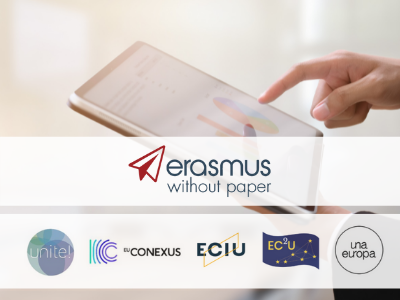Joint Position Paper on Erasmus without Paper: European University Alliances call for more time and support
20 January 2022 | European Universities

Story highlights
– Joint paper written by Una Europa, UNITE!, ECIU University, EU-CONEXUS and EC2U
– Alliances report different speeds in the implementation of EWP
– Recommendations include prolongation of the transitional period and technical support/ changes
A group of European University Alliances, namely Una Europa, UNITE!, ECIU University, EU-CONEXUS and EC2U, published, at the end of 2021, a joint position paper on the implementation of Erasmus Without Paper (EWP) in Higher Education Institutions which calls out for the prolongation of the transitional period as well as for technical support and changes to the EWP platform. The position paper has contributions from UNICA members universities that integrate two of those alliances, especifically Freie Universität Berlin, the University of Edinburgh, Universidad Complutense de Madrid, and the University of Helsinki, which integrate Una Europa; and the University of Lisbon, which integrates UNITE!.
The paper ackowledges the importance of EWP for the digital transition of Higher Education institutions, in particular to support academic mobility, but calls out for “significant challenges in the implementation and use of EWP” which has led to a scnario where universities are working at “different speeds when it comes to the implementation of EWP“.
Issues reported concern the unpreparedness of the EWP and its associated tools (Inter-Institutional Agreements (IIAs) and Online Learning Agreements (OLAs)), which are not technologically stable for a widespread use. The paper also points out technical difficulties trying to connect in-house systems to EWP, resulting in home and host university not sharing the same tools.
Recommendations to overcome these struggles include the prolongation of the transitional period, which is currently applied to the academic year 2021-22. The group advocates as well for a dedicated helpdesk as a single point of contact for technical questions. The paper goes even further by suggesting some concrete changes to the EWP platform, in matters that concerns, for example, the ISCED F codes and the multilateral agreements.


 Co-funded by the European Union. Views and opinions expressed are however those of the authors only and do not necessarily reflect those of the European Union or the European Education and Culture Executive Agency (EACEA). Neither the European Union nor the granting authority can be held responsible for them.
Co-funded by the European Union. Views and opinions expressed are however those of the authors only and do not necessarily reflect those of the European Union or the European Education and Culture Executive Agency (EACEA). Neither the European Union nor the granting authority can be held responsible for them.